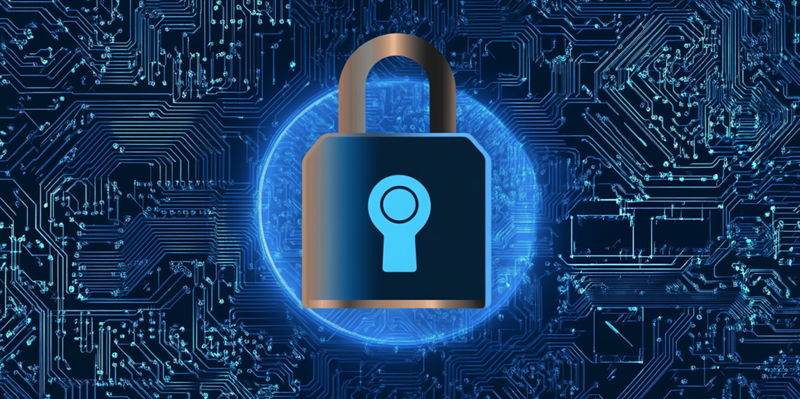The Amazon MOVEit leaker, who has made waves in the cybersecurity world, claims to be an ethical hacker with the goal of exposing vulnerabilities to improve security rather than causing harm. This individual has managed to breach the MOVEit file transfer service, a tool used by prominent companies like Amazon, and has leaked sensitive information, raising significant concerns about data security practices within large organizations.
Self-Proclaimed Ethical Hacker
The hacker behind the MOVEit breach has adamantly declared their actions as ethically driven, aiming to reveal security gaps that companies might not otherwise address. By doing so, they hope to push organizations towards enhancing their cybersecurity infrastructure. This justification is not uncommon among those who identify as ethical hackers, who believe that demonstrating these weaknesses is crucial for overall security improvement.
Data Breach Details
The breach itself has brought to light sensitive data that were presumably safeguarded by top-tier security protocols. Despite these measures, the MOVEit service was compromised, suggesting that even the most meticulous protocols may harbor vulnerabilities. Companies like Amazon, known for their robust security frameworks, are now faced with the unsettling reality that their data protection might not be as foolproof as once thought.
Ethical Hacking Justifications
From an ethical standpoint, the hacker argues that unveiling these security lapses serves the greater good of cybersecurity. They contend that, by making these breaches public, companies are pressured to identify and patch the loopholes, ultimately resulting in a stronger defense against malicious attacks. This perspective aligns with the broader philosophy of ethical hacking, which posits that proactive identification of weaknesses is essential for a resilient cybersecurity posture.
Controversy and Debate
However, the ethical hacking claim is far from universally accepted. Critics argue that such breaches, even if intended to highlight critical security lapses, come with significant risks. The unauthorized access and subsequent exposure of sensitive information can lead to a breach of trust and potential malicious exploitation. This debate underscores the complex ethical landscape of cybersecurity, where the intentions behind actions can sometimes blur the lines between right and wrong.
Impact on Companies
The ramifications of the MOVEit breach for companies involved are profound. It has compelled organizations to take a closer look at their security measures and protocols. The incident serves as a stark reminder of the constant need for vigilance in cybersecurity. Companies are now tasked with addressing the exposed vulnerabilities and reinforcing their defenses to prevent future incidents.
Trends and Consensus
The Amazon MOVEit leaker, who has gained significant attention in the cybersecurity community, identifies as an ethical hacker aiming to highlight security weaknesses to enhance protection rather than cause damage. This individual successfully infiltrated the MOVEit file transfer service, a platform utilized by major companies such as Amazon, and subsequently exposed sensitive data. This breach has triggered profound concerns about data security protocols within large corporations. Ethical hackers like this leaker often justify their actions by emphasizing the urgency of addressing security flaws. They argue that revealing these vulnerabilities forces companies to tighten their security measures, ultimately preventing more destructive breaches by malicious hackers. However, this incident also underscores the critical need for robust security strategies and consistent vigilance. The leak has sparked debates on the fine line between ethical hacking and illegal activities, raising questions about how organizations can better protect their data from both internal and external threats.

